




Björgheiður Margrét Helgadóttir
images:
Ungar Athafnakonur / UAK
@ungarathafna
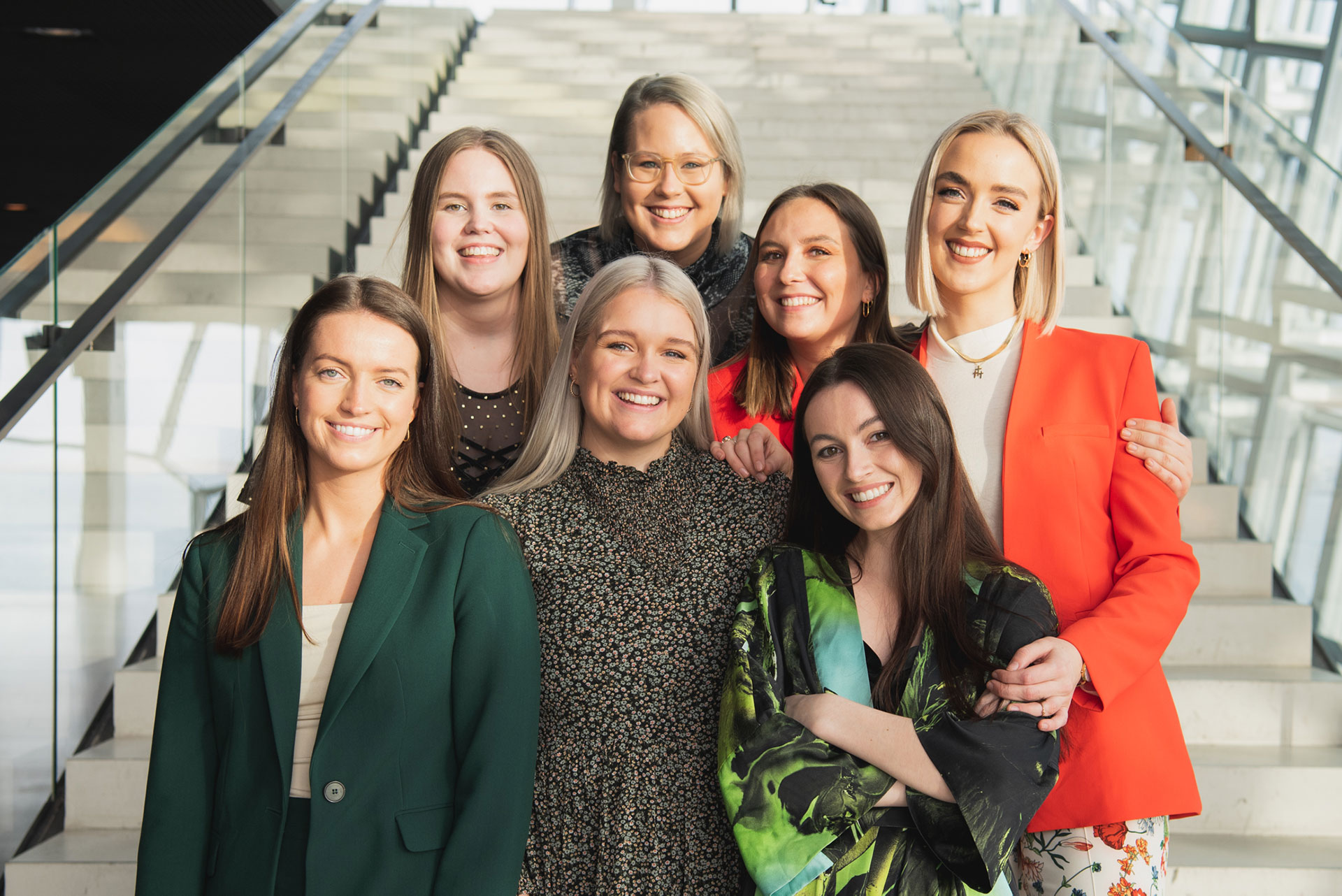
Role models can matter a great deal and influence the way people build character and which education and career opportunities they might pursue. Why had I never thought of becoming an engineer? Nobody told me I couldn’t, but there also was no female engineer around for me to witness. Why did I want to become a cashier and a flight attendant when I was a little girl? Were those the only visible jobs women had? Role models seep into our unconsciousness and can be awfully difficult to uproot, and it can be even more so difficult to spot the stereotypes they enforce.
We do not consciously choose to think it’s normal for women to cook dinner and take care of the cleaning, while the men fix the car and change the lightbulbs. It wasn’t me who decided to think that kindergarten teachers and nurses were female jobs and a CEO and a policeman were male jobs. It’s not the children’s fault that girls want to be princesses for Halloween and boys superheroes, as children simply learn what they see in front of them. These views can be traced back to gender views rooted deep in our society. Stereotypes are the result of role models and gender roles imposed on us from the day we are born, through advertising, TV, movies, literature, news, and daily life.
But why didn’t I think of becoming an engineer?
A straight-A student in all subjects, especially STEM, where I easily passed math, physics and natural science. However, it never occurred to me to look into university degrees in these subjects, let alone engineering or computer science. It simply wasn’t on my radar. This is where I clearly lacked the necessary role models, which can be true for many other subjects for other genders. This is where projects like Girls and Technology, hosted by Reykjavik University plays an important role. The project aims to increase young girls’ interest in technology based studies.
Coincidentally, my friend was brave enough and signed up for Biomedical Engineering. I thought it sounded very exciting and seemed to combine my main interests, the human body and science.
But I thought it to be completely out of my reach because the program would be too complicated for me. This friend of mine, who had gone through elementary and high school with me, told me after her first semester “if I can do it, so can you”.
It turned out she was right and five years later I graduated with M.Sc. in Biomedical Engineering. The impact of a peer role model cannot be understated, as it is incredibly impactful seeing your friends and other women your age achieving things which inspire you to pursue your own dreams. There is no quick fix for these issues.
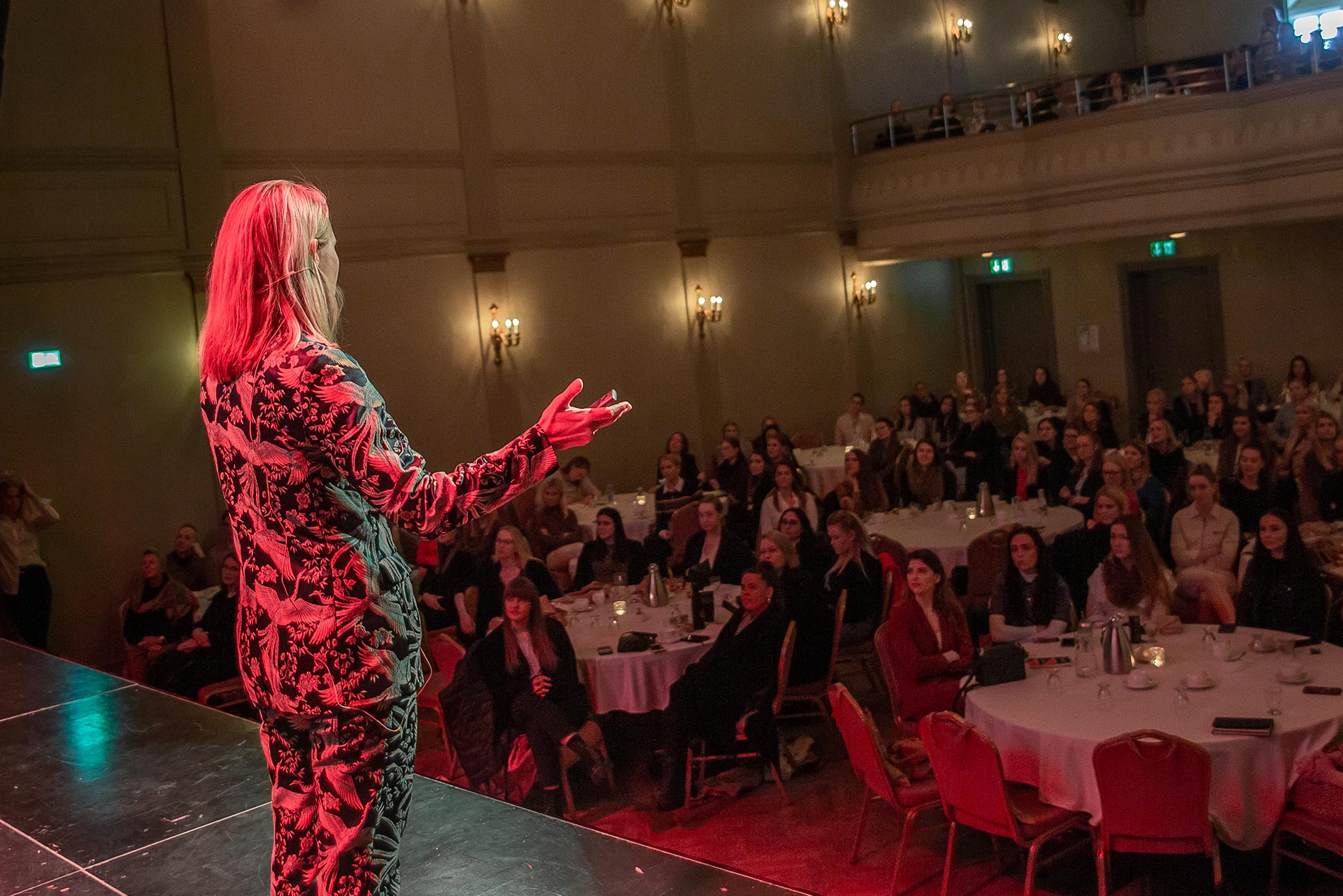

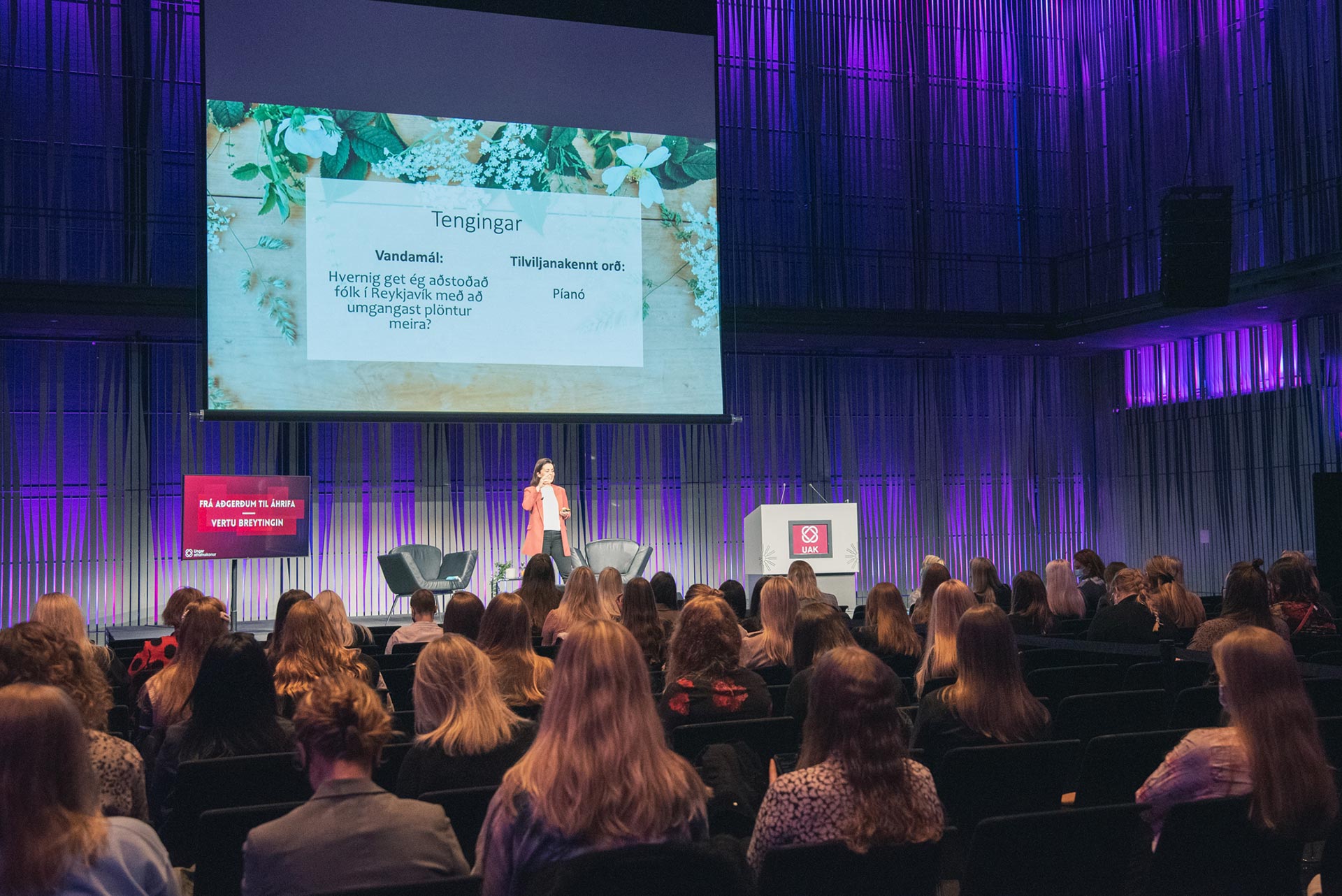
I have enjoyed and sought out the company of these peer role models in addition to the traditional older role models in the company of Young Professional Women, an NGO whose main objective is to work towards equality, changing mindsets and supporting a more progressive society. The board of Young Professional Women want to do everything in their power to balance the genders’ positions in the Icelandic work force by enriching the placement and future of young women as leaders and participants in the workforce. This is where role models are instrumental and we will never get tired of reminding them how important they are, because of course it is important for me to see a woman as a CEO in order for my subconscious to remember that women can, and should be, leaders.
It is tremendously inspiring to witness women challenging preconceived notions and ideas about the genders and pave the way for generations to come.
But how can we uproot these stereotypes for good? In order for us to do that we need to find the courage to step up, dare to go against the flow, find strength within ourselves and seek inspiration from role models.
As we say in Iceland, “dripping water hollows out stone” and that change begins with ourselves.

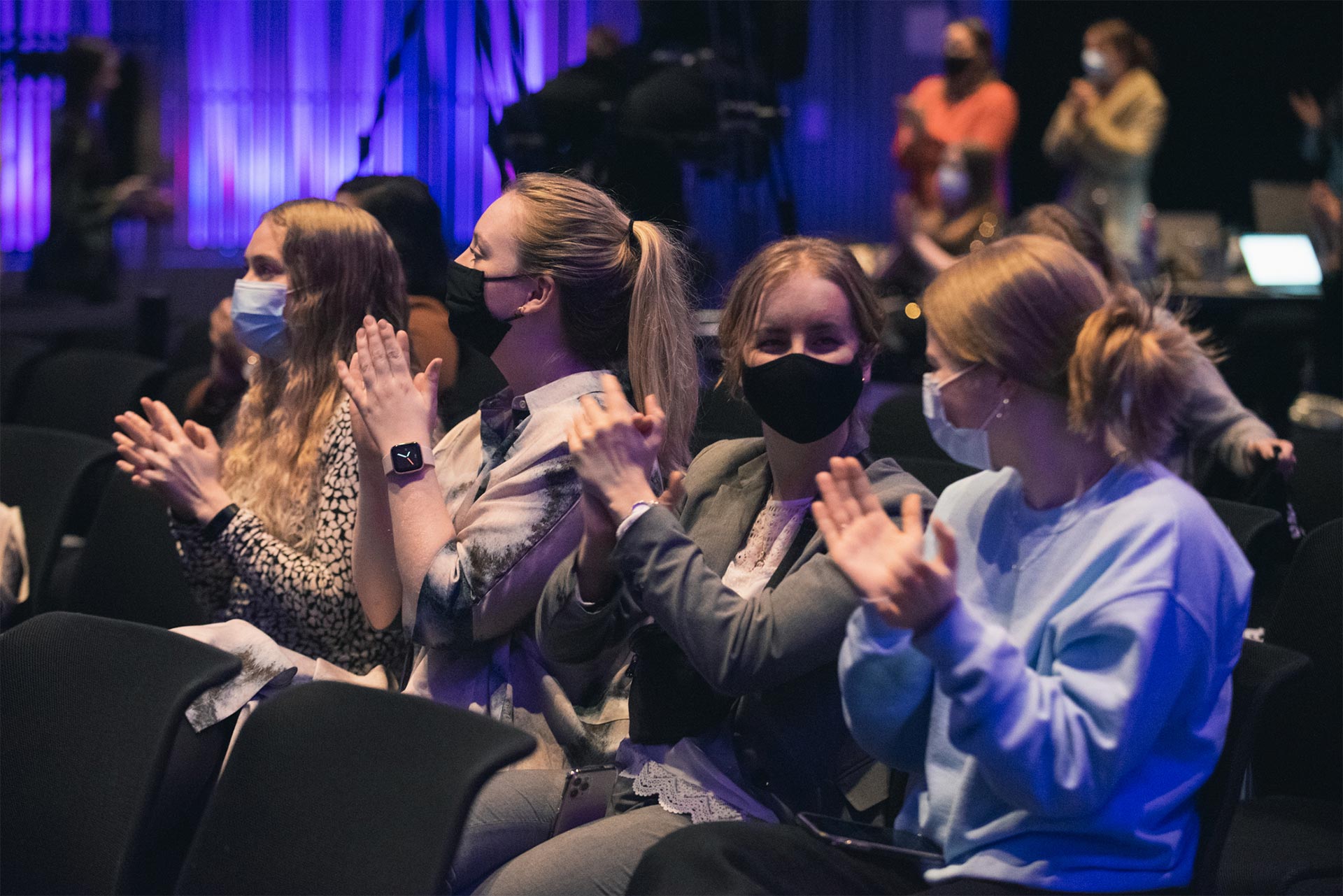

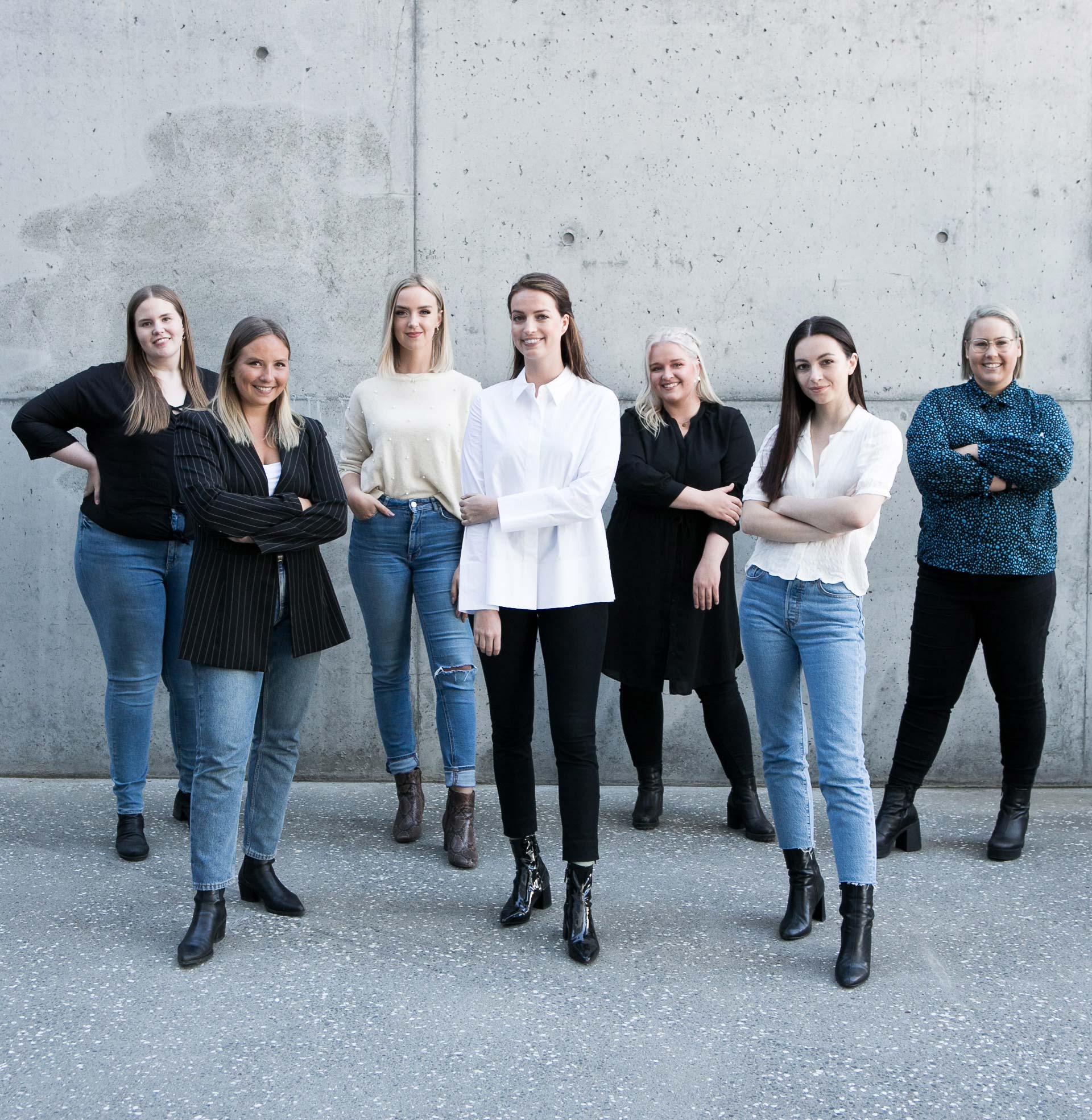
Do you support Vía?
Vía counts on your support. By subscribing to Vía you contribute to the future of a medium that specializes in, and puts emphasis on equality and diversity.
Vía, formerly known as Flóra, was founded 4 years ago for critical readers that want to dive underneath the superficial layer of social discussion and see it from an equality, inclusion, and diversity perspective.
From the beginning, Vía has covered urgent societal topics and published issues and articles that have shone a light on inequality, prejudice, and violence that exist in all layers of society.
We emphasize publishing stories from people with lived experiences of marginalization.
Every contribution, big and small, enables us to continually produce content aimed to educate and shine a light on hidden inequalities in society, and is essential for our continuing work.
Support Vía
Low-wage jobs: Rub, scrub and toil
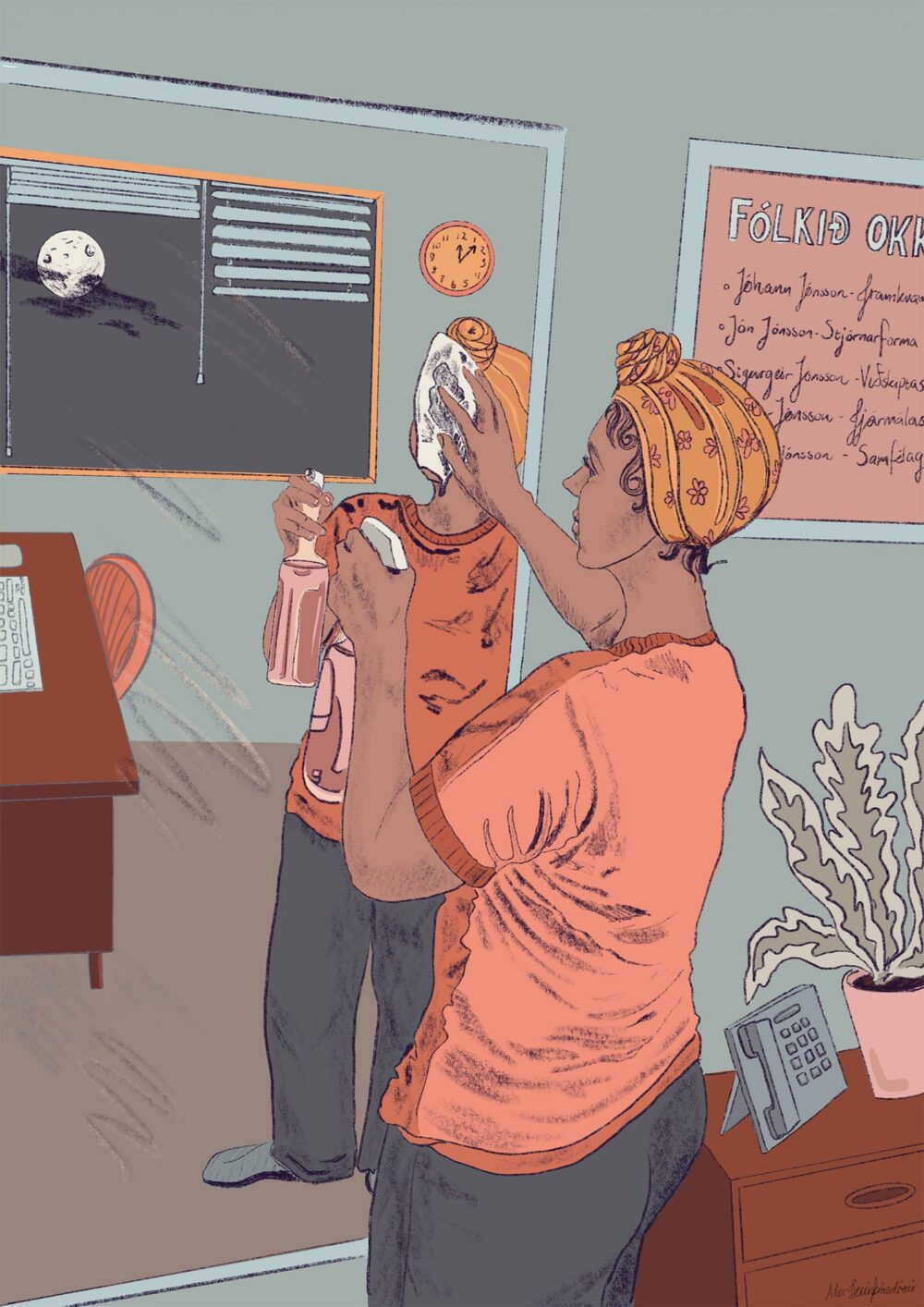
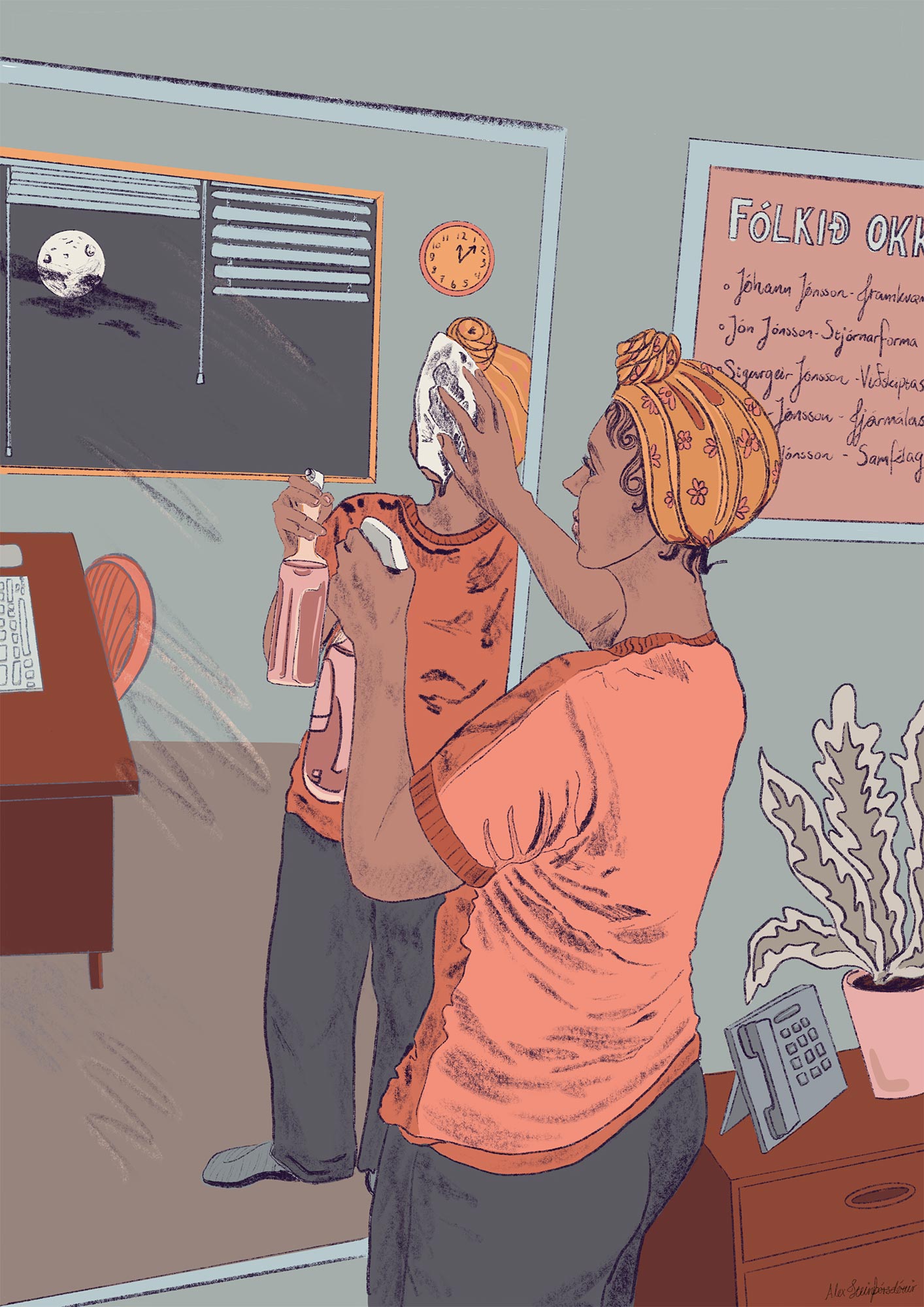
My Right to Exist
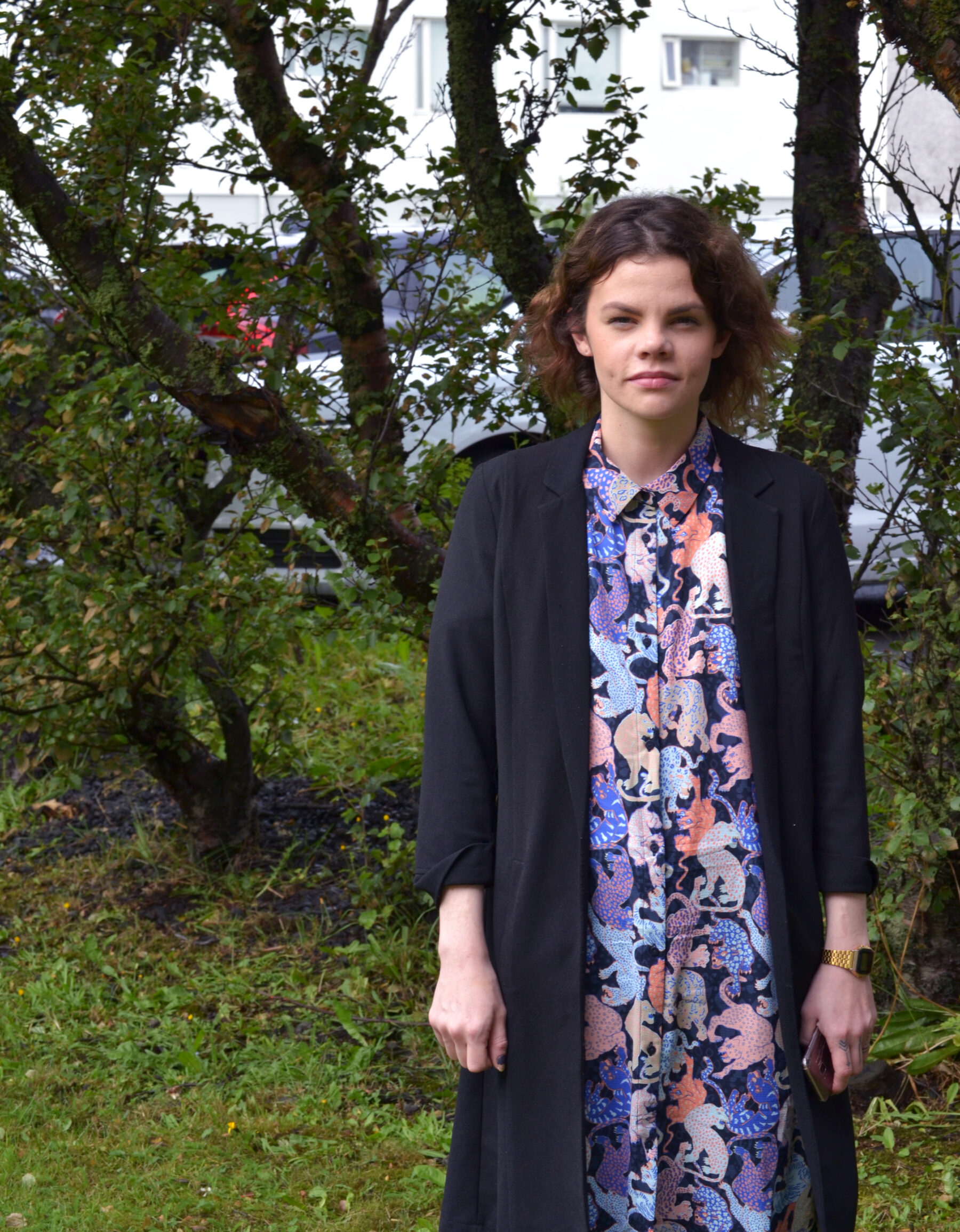

Reasons for Young Women to Move to the Countryside (Job Offers are Not One of Them)
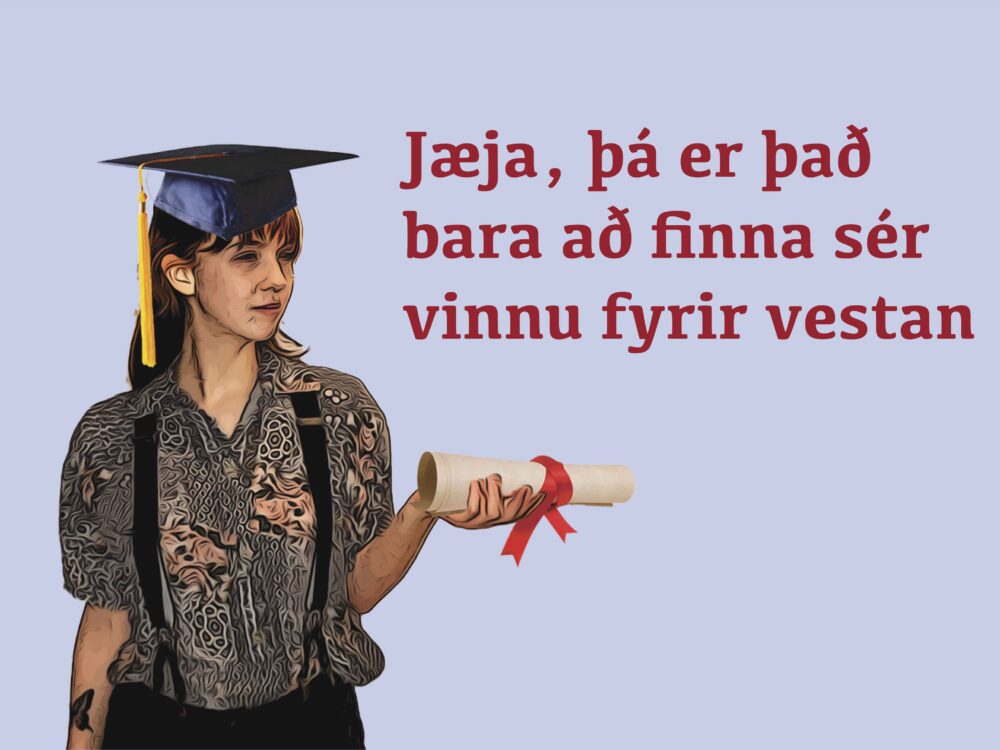
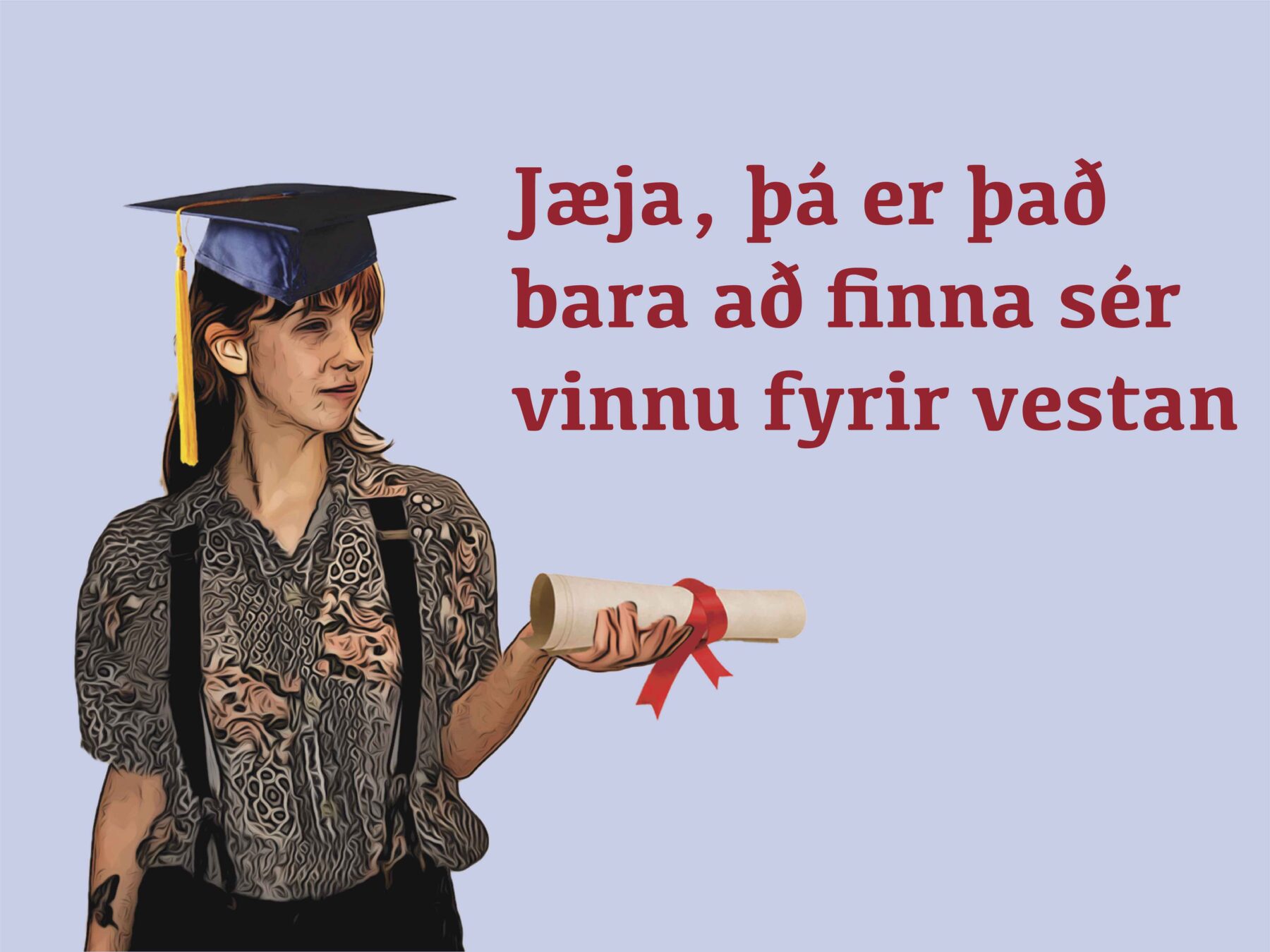
Finding yourself - the importance of diverse role models for trans people
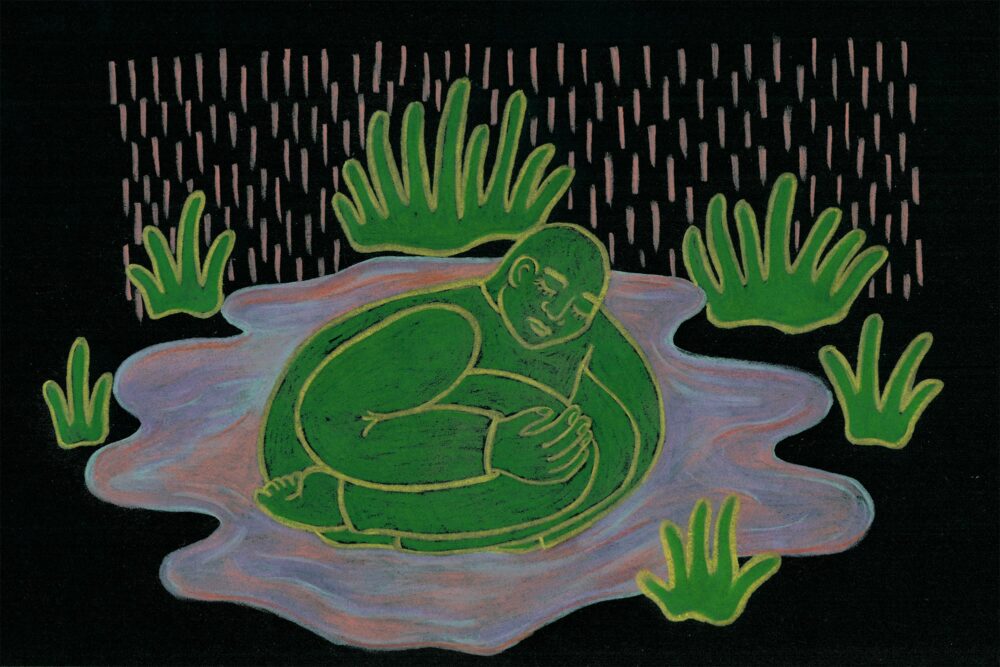
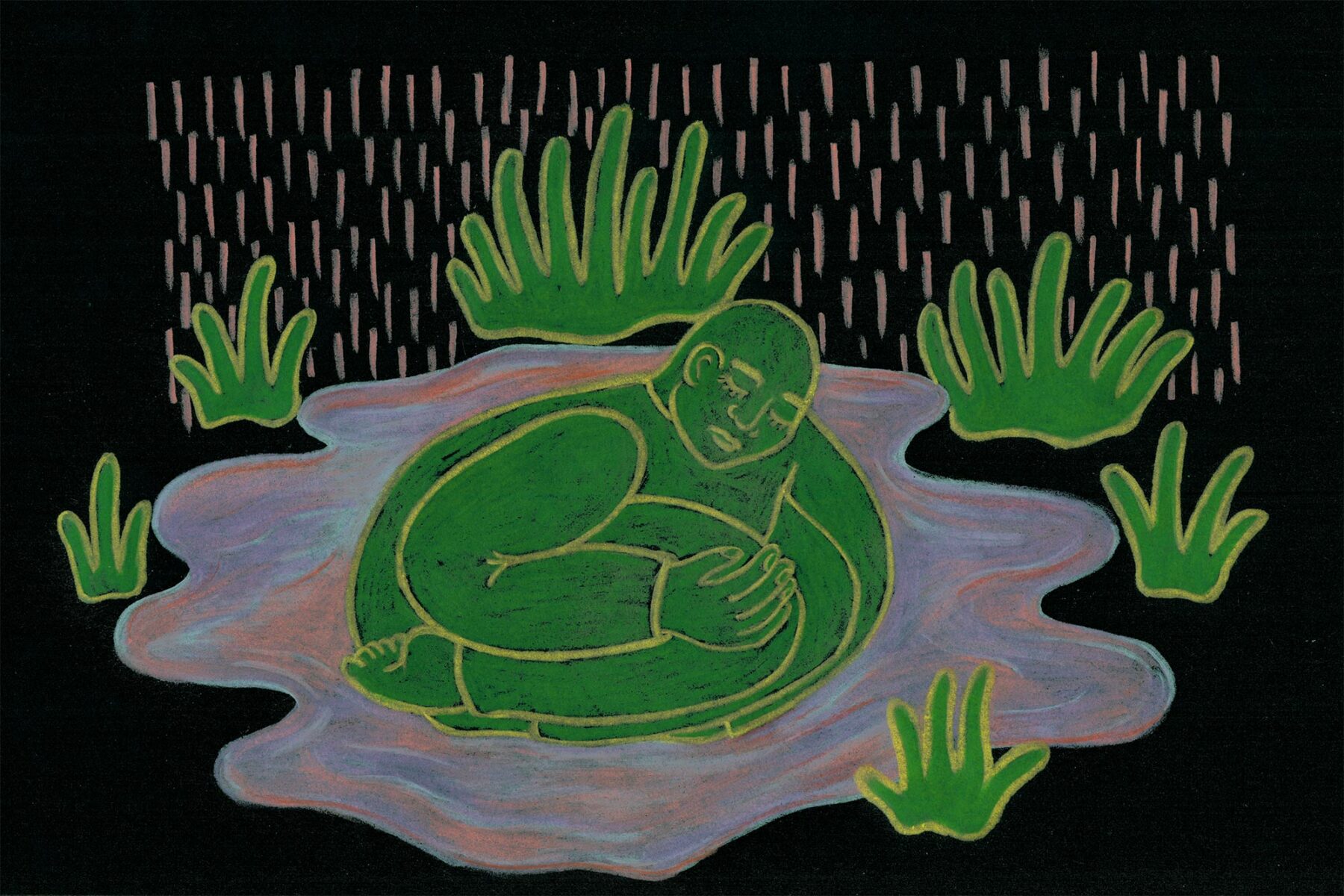
Read more about...